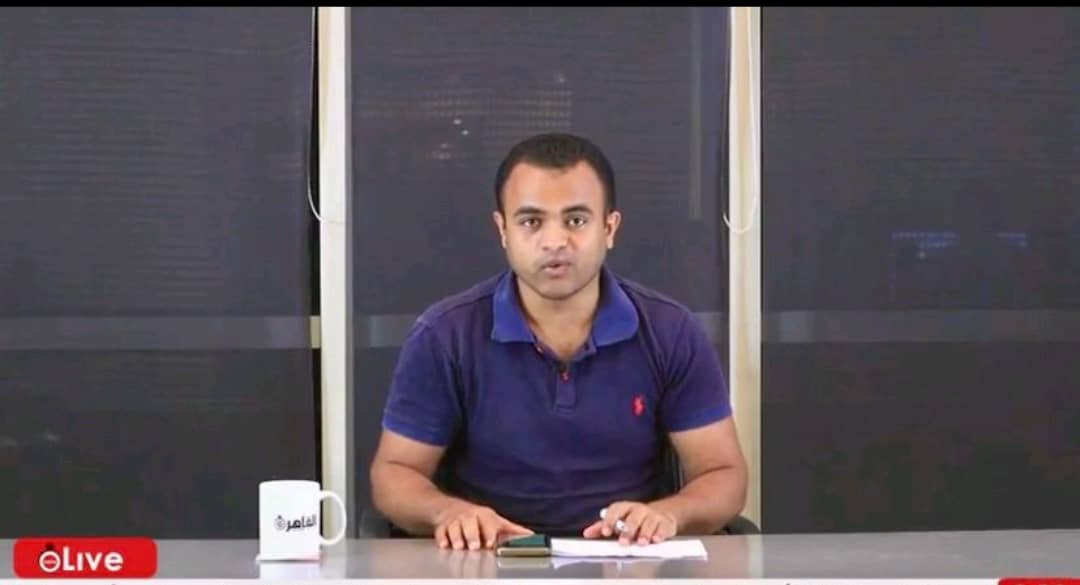Steven Sahiounie, journalist and political commentator
On February 27, Saudi Arabia, Egypt, Jordan, the United Arab Emirates and Palestinian representatives will meet in Riyadh to discuss a plan they are developing to counter the plan proposed by US President Donald J. Trump.
Trump had floated a plan for the US to own Gaza and deport all the Palestinians while the prime seaside property is turned into a tourist destination. The plan was well received by Israeli Prime Minister Benjamin Netanyahu, as the Israeli government has always wanted the original inhabitants of Palestine to be evicted, and over the decades has made great progress toward the Zionist goal.
Saudi Crown Prince Mohammed bin Salman (MBS) has spearheaded a Pan-Arab rebuttal of the plan. Netanyahu has said one of his two primary goals is to sign a normalization agreement with Saudi Arabia. That was put on hold at the outset of the Israel-Hamas war in October 2023.
Trump also sees the normalization between Israel and Saudi Arabia as a key to peace and stability in the Middle East. Trump and MBS had a good relationship in Trump’s first term, and Trump is expecting a continuation.
However, Trump and MBS hold divergent views, with MBS accusing Israel of genocide at an Islamic summit, and demanding a two-state solution for Palestine.
Steve Witkoff, Trump’s Middle East envoy, held meetings in Riyadh in late January where he laid out a three-month timeline for the normalization process.
On February 13, US Secretary of State Marco Rubio, referred to the coming Arab meeting, saying: “Right now the only plan – they don’t like it – but the only plan is the Trump plan. So if they’ve got a better plan, now’s the time to present it.”
On February 10, Jordan’s King Abdullah met with Trump at the White House, and said he was working with Saudi Arabia and Egypt on a Gaza plan that would work, according to a Jordanian official.
Steven Sahiounie of MidEastDiscourse interviewed Mohamed Gamal, Egyptian journalist and researcher in international affairs, for his take on the situation.
1. Steven Sahiounie (SS): US President Trump has suggested that the Palestinians in Gaza be removed to Egypt while the US carries out a reconstruction project in Gaza, turning it into the “Riviera of the Middle East”. Trump went so far as to initially suggest the US might withhold funds to Egypt if they refuse the plan. In your opinion, how will the Egyptian government respond?
Mohamed Gamal (MG): Egypt firmly rejects Trump’s proposals, as Cairo has repeatedly affirmed its opposition to any plans aimed at displacing Palestinians from their land. This is a long-standing position that will not change, as Egypt considers the Palestinian issue a matter of national security. Cairo will not accept any American or other pressure to approve such a project, even if it includes financial threats or sanctions, as suggested by Trump and his aides. It is expected that Egypt will continue to coordinate with Arab nations and the international community to counter such proposals, focusing on rebuilding Gaza without compromising Palestinian rights to their land
2. SS: Trump had wanted to meet personally with Egyptian President Sisi in the Oval Office, but so far Sisi hasn’t made the trip. In your opinion, will Sisi meet with Trump?
MG: It is unlikely that President Sisi will meet with Trump under the current circumstances, especially since Cairo has made it clear that it will not engage in any discussions where Palestinian displacement is on the agenda. The postponement of Sisi’s visit to Washington was a clear message that Egypt is not willing to succumb to any pressure regarding this issue. This stance is expected to remain unchanged unless there is a shift in the US discourse on the Palestinian issue.
3. SS: Some analysts, pointing to the fact that Egypt and Saudi Arabia are viewed as the power-houses of the Middle East, have suggested a unified Arab, and Muslim, response to the Trump plan for Gaza. In your opinion, do you see any chance of a consolidated stance on the issue?
MG: There is indeed a strong possibility of a unified Arab and Muslim stance against Trump’s plan, as all Arab nations oppose the forced displacement of Palestinians. In recent weeks, we have witnessed diplomatic moves between Egypt, Saudi Arabia, Jordan, Qatar, and other nations to counter such proposals. With the upcoming Arab Summit in Riyadh, a clearer and more unified position rejecting any demographic changes in Palestine is likely to emerge.
4. SS: Egypt, like many other countries, has faced serious economic challenges. In your view, what are the most crucial issues faced, and is there progress on recovery?
MG: Egypt’s key economic challenges include high inflation, a depreciating currency, and rising external debt. The country is also experiencing a shortage of foreign currency, which affects imports and investments, especially amid regional geopolitical tensions and the broader economic consequences of ongoing conflicts. However, there are efforts underway to foster recovery, including increased investment in national projects, agreements with the International Monetary Fund, and economic cooperation with Gulf countries to attract foreign investments.
5. SS: The new Syrian regime, following the December 8 ouster of President Assad, has been viewed by most countries as a Muslim Brotherhood leaning administration. In your view, how has the Sisi government reacted to the new Damascus government, and will there be a chance for a working relationship?
MG: Egypt has been cautious in its approach to the Syrian crisis, maintaining a balanced position. Cairo is closely monitoring the new government in Damascus and will shape its relationship based on the new regime’s stance on regional issues. While Egypt keeps diplomatic channels open, it is unlikely to rush toward full recognition unless there is clear alignment with Egyptian policies on extremist groups and regional stability. However, in the coming period, greater alignment and closer ties between the two sides may develop.
Steven Sahiounie is a two-time award-winning journalist
copyright Journalist Steven Sahiounie



